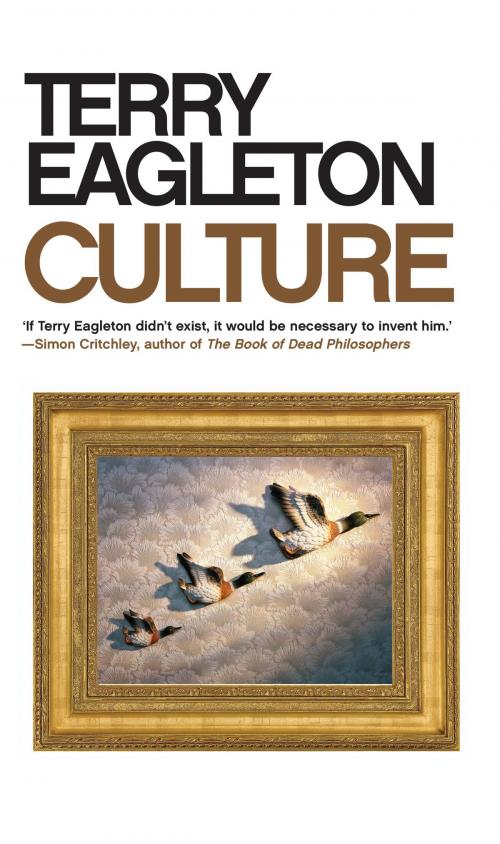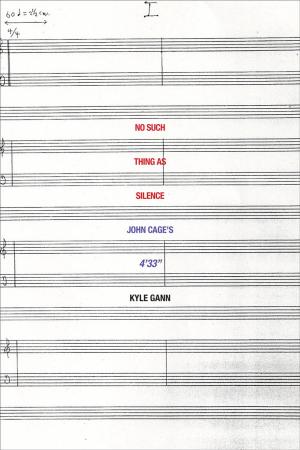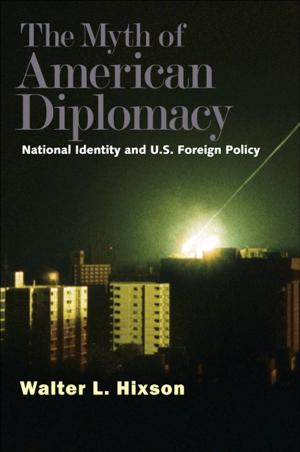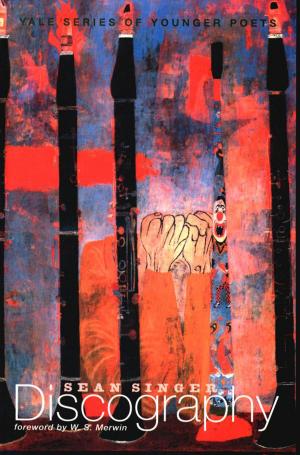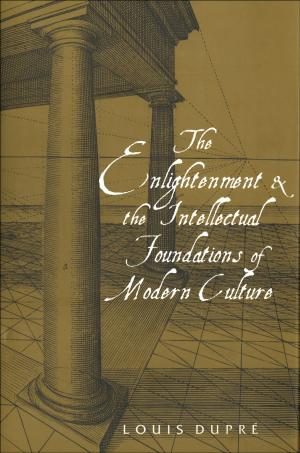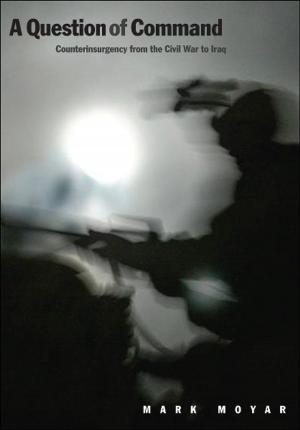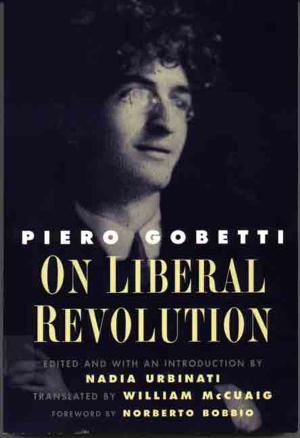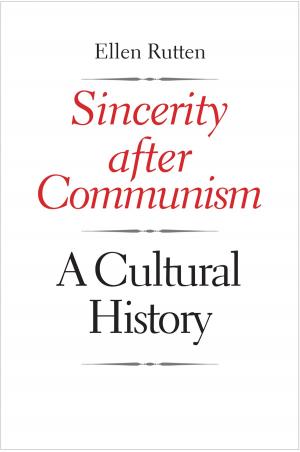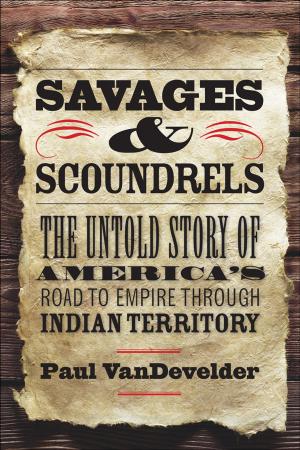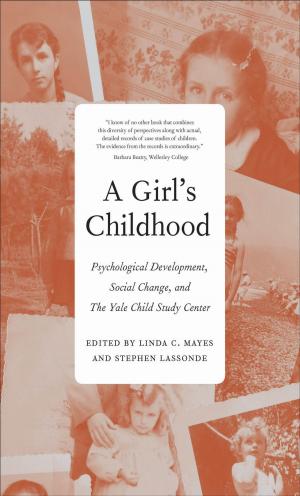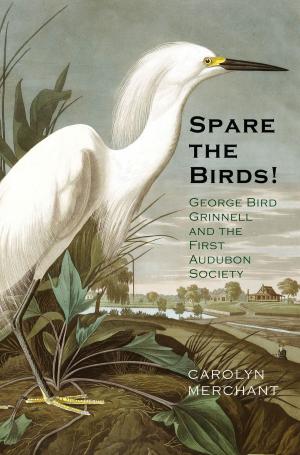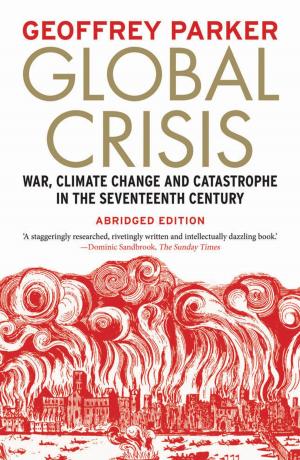| Author: | Terry Eagleton | ISBN: | 9780300221725 |
| Publisher: | Yale University Press | Publication: | May 24, 2016 |
| Imprint: | Yale University Press | Language: | English |
| Author: | Terry Eagleton |
| ISBN: | 9780300221725 |
| Publisher: | Yale University Press |
| Publication: | May 24, 2016 |
| Imprint: | Yale University Press |
| Language: | English |
Culture is a defining aspect of what it means to be human. Defining culture and pinpointing its role in our lives is not, however, so straightforward. Terry Eagleton, one of our foremost literary and cultural critics, is uniquely poised to take on the challenge. In this keenly analytical and acerbically funny book, he explores how culture and our conceptualizations of it have evolved over the last two centuries—from rarified sphere to humble practices, and from a bulwark against industrialism’s encroaches to present-day capitalism’s most profitable export. Ranging over art and literature as well as philosophy and anthropology, and major but somewhat "unfashionable" thinkers like Johann Gottfried Herder and Edmund Burke as well as T. S. Eliot, Matthew Arnold, Raymond Williams, and Oscar Wilde, Eagleton provides a cogent overview of culture set firmly in its historical and theoretical contexts, illuminating its collusion with colonialism, nationalism, the decline of religion, and the rise of and rule over the "uncultured" masses. Eagleton also examines culture today, lambasting the commodification and co-option of a force that, properly understood, is a vital means for us to cultivate and enrich our social lives, and can even provide the impetus to transform civil society.
Culture is a defining aspect of what it means to be human. Defining culture and pinpointing its role in our lives is not, however, so straightforward. Terry Eagleton, one of our foremost literary and cultural critics, is uniquely poised to take on the challenge. In this keenly analytical and acerbically funny book, he explores how culture and our conceptualizations of it have evolved over the last two centuries—from rarified sphere to humble practices, and from a bulwark against industrialism’s encroaches to present-day capitalism’s most profitable export. Ranging over art and literature as well as philosophy and anthropology, and major but somewhat "unfashionable" thinkers like Johann Gottfried Herder and Edmund Burke as well as T. S. Eliot, Matthew Arnold, Raymond Williams, and Oscar Wilde, Eagleton provides a cogent overview of culture set firmly in its historical and theoretical contexts, illuminating its collusion with colonialism, nationalism, the decline of religion, and the rise of and rule over the "uncultured" masses. Eagleton also examines culture today, lambasting the commodification and co-option of a force that, properly understood, is a vital means for us to cultivate and enrich our social lives, and can even provide the impetus to transform civil society.
